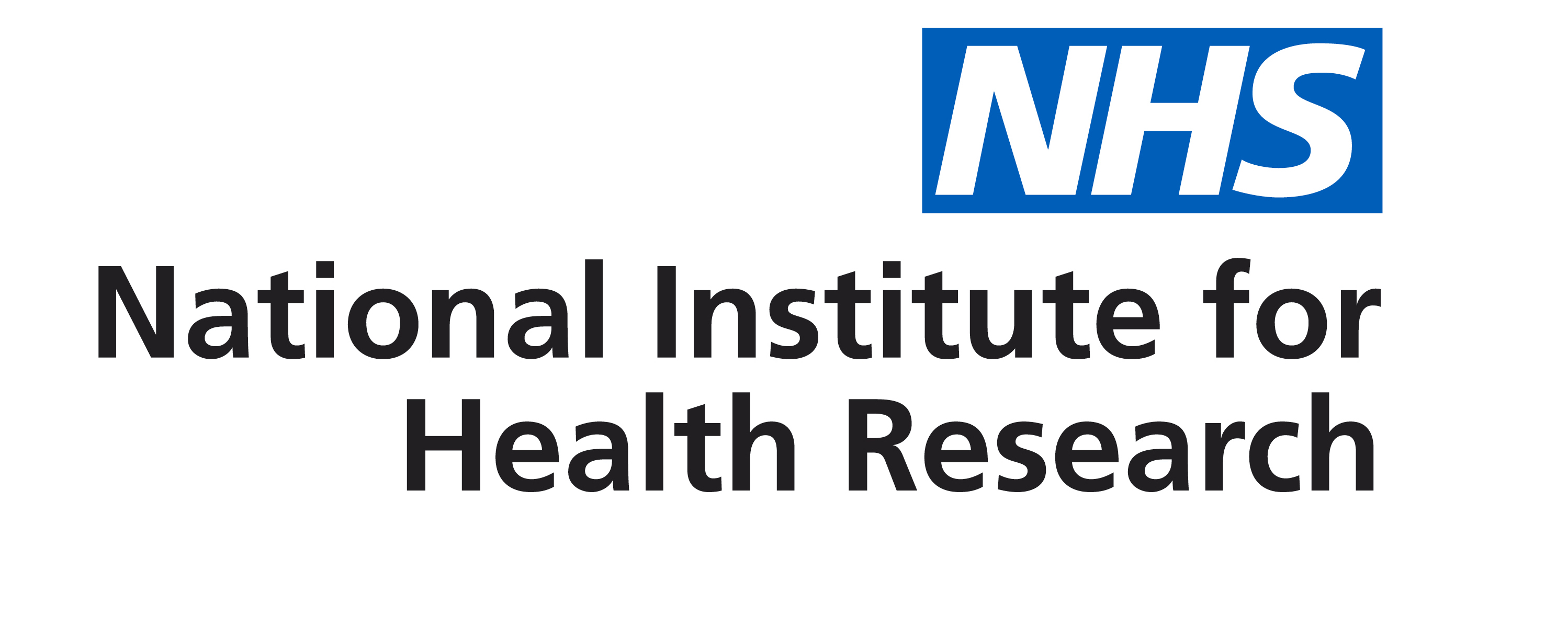5. Shapes-Bio Study
Increasing numbers of people experience pregnancy complications linked to body fat and where on their body this fat is stored (this is known as adiposity). Risk prediction research helps to identify who is most likely to develop complications in pregnancy to help plan care. Current guidelines use body mass index (BMI), a measure of a person’s height and weight, to assess risk and plan care.
The SHAPES study shows that using BMI missed half of the pregnant parents who developed diabetes, and we need to find a better measure. We found that waist size and ultrasound scans of stomach fat worked better than BMI. Other studies show that using biomarkers (chemicals in the blood, like hormones) can improve risk prediction.
-
SHAPES-Bio will use information and findings from SHAPES and we have permission from the women who took part in SHAPES to use their blood samples to test for biomarkers.
- We will compare different combinations of biomarkers and measurements such as waist size and ultrasound scans of stomach fat to see which combinations best predict pregnancy complications.
- We will then compare these results with BMI to see if they work better.
-
Before we can recommend any SHAPES-Bio results we need to know if they are suitable for the NHS to use. We will search for similar studies to test the SHAPES-Bio results in different groups of people.
- SHAPES Cohort Study
- SHAPES Individual Participant Data Study
- Cost Effectiveness Study
- Qualitative Study
- Shapes Bio




